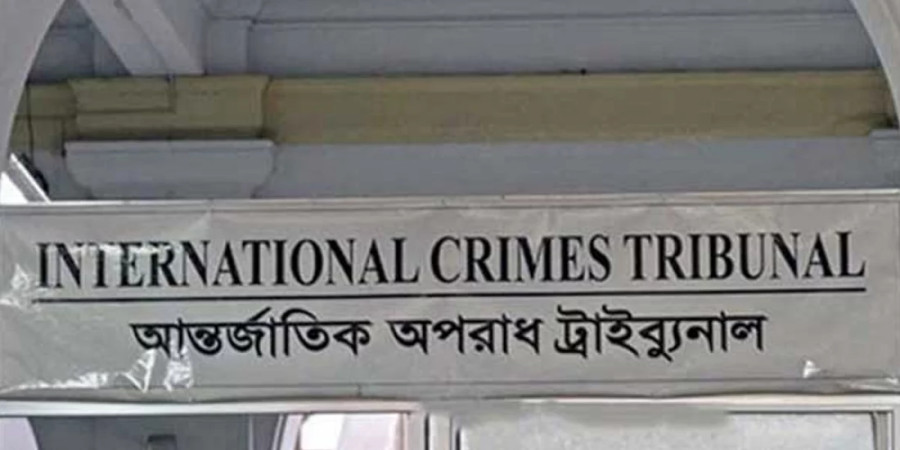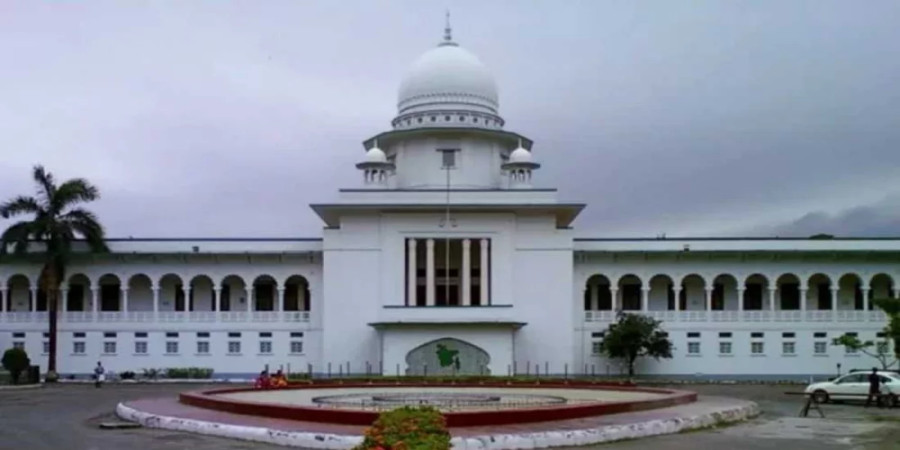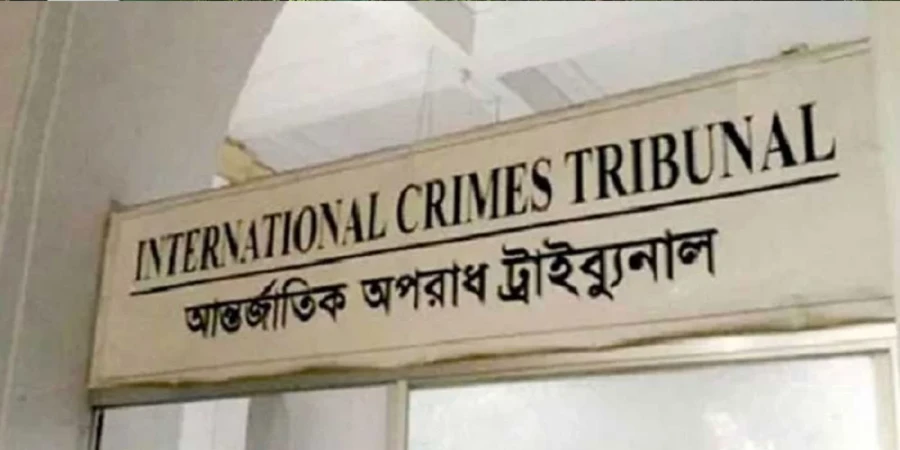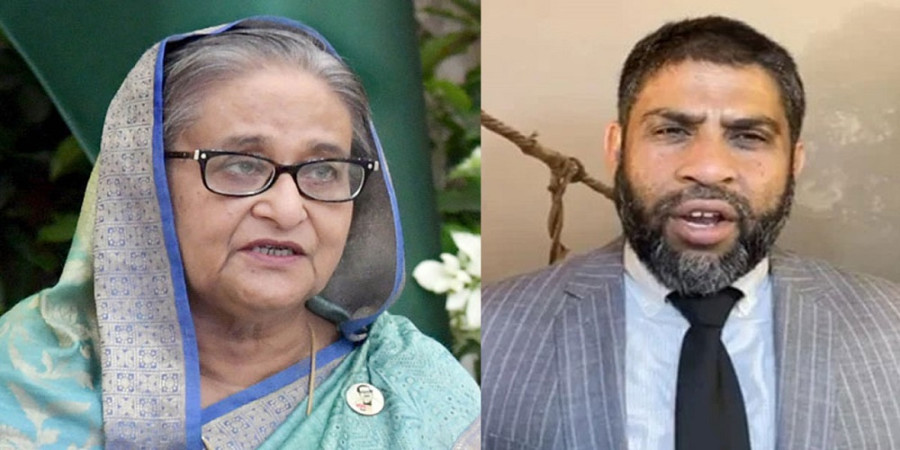
ছবি: Photo: Collected
A total of 19 prominent individuals, including several former ministers and state ministers from the ruling Awami League party, are scheduled to appear before the International Crimes Tribunal today, Sunday (April 20). The appearance is in relation to charges of genocide during the student-led anti-discrimination protests that took place in July and August of the previous year.
The tribunal hearing will be conducted by a three-member judicial panel led by Chairman Justice Md. Golam Mortuza Mojumder. The other two members of the panel include Justice Md. Shafiul Alam Mahmud and Justice Mohitul Haque Enam Chowdhury.
This scheduled appearance follows a previous tribunal order issued on February 18, which set April 20 as the date for the accused to appear before the court. The order came in response to allegations of mass killings carried out during the crackdown on student demonstrators who were protesting against perceived systemic discrimination in the education sector and public services.
Among the individuals summoned are former Law Minister Anisul Huq, former Commerce Minister Faruk Khan, former Education Minister Dr. Dipu Moni, former Agriculture Minister Matia Chowdhury, and former Shipping Minister Shajahan Khan. Others include Ghulam Dastagir Gazi, Amir Hossain Amu, Kamrul Islam, and former ministers affiliated with leftist coalition parties such as Workers Party President Rashed Khan Menon and Jatiya Samajtantrik Dal (JASAD) President Hasanul Haq Inu.
Also named in the case are former Prime Ministerial advisers Tawfiq-e-Elahi Chowdhury and Salman F Rahman, as well as former state ministers Kamal Ahmed Mojumder and Zunaid Ahmed Palak. In addition, AHM Shamsuddin Choudhury Manik, a former Justice of the Appellate Division, and Jahangir Alam, a former Home Secretary, are also on the list of accused.
According to the case documents, the allegations stem from the government's response to mass protests that erupted across several major cities and university campuses during July and August. Protesters, mostly students, took to the streets demanding equal opportunities and transparent reforms. Human rights organizations have since documented several incidents of excessive force, enforced disappearances, and targeted violence against demonstrators during this period.
The prosecution alleges that those summoned played direct or indirect roles in facilitating or covering up these actions. While some are accused of being part of the chain of command that authorized crackdowns, others are said to have failed in their legal and constitutional duties to prevent the loss of civilian lives.
Legal experts anticipate that the tribunal will use today's hearing to determine whether formal charges can be brought against the accused under international humanitarian and criminal law standards. If indicted, the case could become one of the most high-profile legal proceedings in Bangladesh's recent political history.
As the tribunal session convenes, security measures around the court premises in Dhaka have reportedly been heightened. Public interest in the case is intense, with civil society and student activist groups closely monitoring developments. Many families of the protest victims have called for justice and accountability, while political observers believe the outcome of the tribunal may significantly impact the political landscape in the coming months.
None of the accused have made public comments ahead of the hearing, and it remains unclear whether all will be present in person. Their legal teams have maintained that they acted within their constitutional responsibilities and denied any involvement in rights violations during the protests.
The International Crimes Tribunal was originally established to investigate and prosecute war crimes committed during the 1971 Liberation War. In recent years, its mandate has extended to investigating crimes against humanity and other serious offenses under international law. The tribunal's authority and jurisdiction continue to spark debate, especially when high-profile political figures are involved.
The nation now awaits the tribunal’s preliminary decision on how the proceedings will move forward in one of the most contentious and politically sensitive legal cases in recent memory.
repoter





